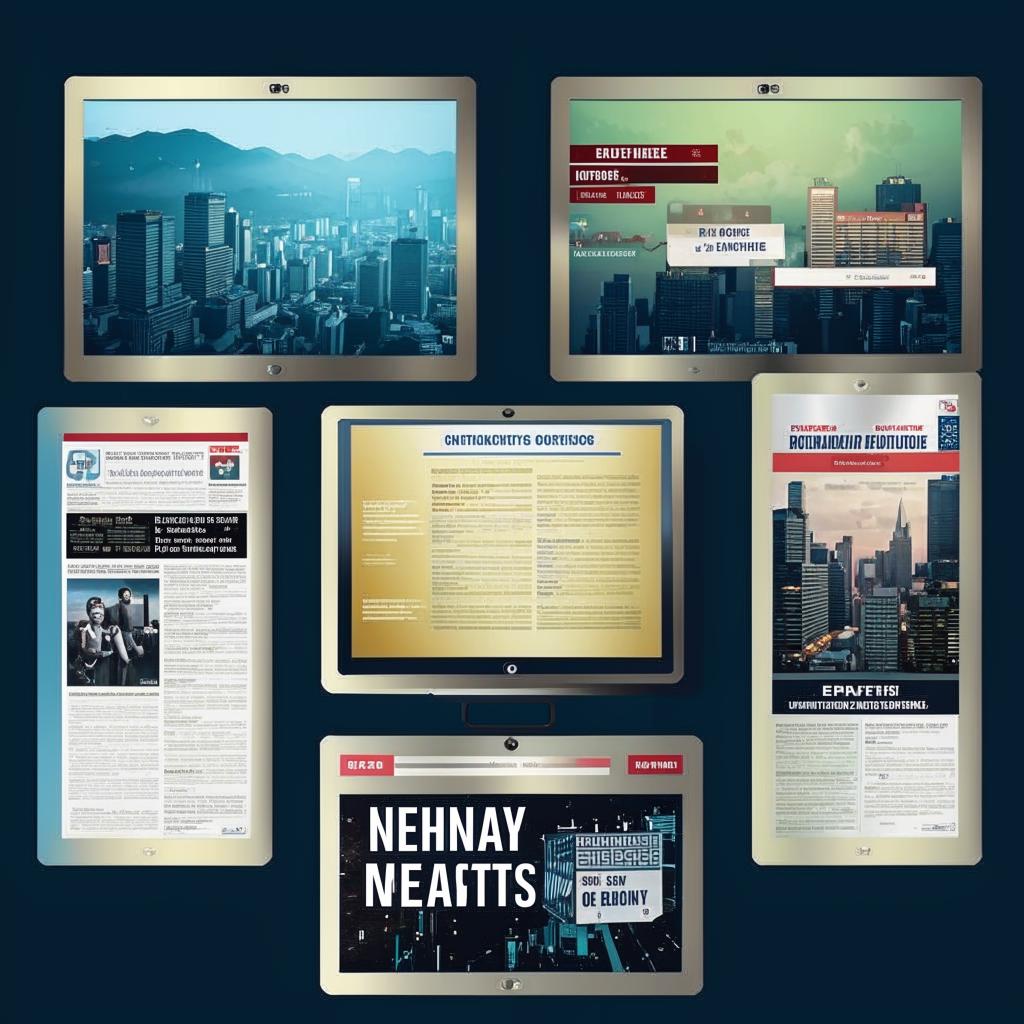Artificial Intelligence (AI) is revolutionizing various industries, from healthcare to finance, and its influence on the job market is becoming increasingly evident. While AI offers numerous benefits, such as increased efficiency and reduced operational costs, it also raises concerns about job displacement and the future of work.
One of the primary advantages of AI is its ability to automate repetitive tasks, allowing employees to focus on more complex and creative aspects of their jobs. For instance, in manufacturing, robots can handle assembly line tasks, leading to higher productivity and fewer errors. In the financial sector, AI algorithms can analyze vast amounts of data quickly, providing insights that would take humans much longer to uncover. This shift can lead to the creation of new roles that require advanced skills, such as data analysis and AI management.
However, the rise of AI also poses significant challenges. Many traditional jobs, particularly those involving routine tasks, are at risk of being automated. A report by the World Economic Forum suggests that by 2025, up to 85 million jobs may be displaced due to AI and automation. This potential job loss raises important questions about workforce retraining and the need for new educational programs that equip workers with skills for the future.
Furthermore, the ethical implications of AI in the workplace cannot be overlooked. Issues such as bias in AI algorithms and the need for transparency in decision-making processes are critical to ensuring that technology serves everyone fairly. As AI continues to evolve, it is essential for policymakers, businesses, and educators to work together to navigate these changes responsibly.
In conclusion, while AI presents exciting opportunities for innovation and efficiency, it is imperative to address the challenges it brings to the job market. By fostering a culture of lifelong learning and adaptability, we can ensure that the workforce is prepared for the future, creating a balanced approach to technology and employment.
